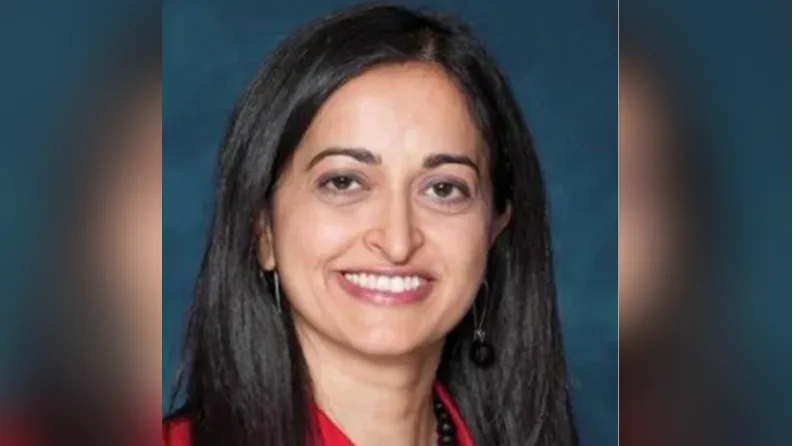
In 2024, Mayo Clinic researchers published over 10,000 scientific papers, contributing to significant medical discoveries. Among the highlights is the development of three-dimensional human intestines in a dish, known as "organoids," which are used to study complex conditions like inflammatory bowel disease. Charles Howe, Ph.D., leading the Translational Neuroimmunology Lab, emphasized the potential of this research to revolutionize disease study and accelerate therapy development.
Kendall Lee, M.D., Ph.D., has explored deep brain stimulation (DBS) as a treatment for drug addiction. He noted that DBS could potentially interrupt the pleasurable sensations associated with addiction. In another advancement, Mayo Clinic introduced hypothesis-driven AI algorithms to improve understanding and treatment of diseases such as cancer. Hu Li, Ph.D., co-inventor of this AI model, highlighted its potential to uncover insights missed by conventional AI.
A study linked microplastics and nanoplastics in blood vessel plaques to increased heart attack and stroke risks. Konstantinos Lazaridis, M.D., stressed the importance of understanding plastics' health impacts. Additionally, Mayo Clinic developed a corticolimbic index tool for Alzheimer's disease research. Melissa Murray, Ph.D., reported demographic differences affecting cognitive decline rates.
Research on microbial signatures associated with endometrial and ovarian cancers aims to develop home swab tests for early detection. Marina Walther-Antonio, Ph.D., leads this effort toward improving women's health globally.
A framework describing how racism affects heart health was published by Mayo Clinic and University of Minnesota researchers. Sean Phelan, Ph.D., discussed its role in addressing health disparities among people of color.
Mayo Clinic conducted a groundbreaking 21-hour larynx transplant surgery on a cancer patient. David Lott, M.D., praised the collaborative approach that made it possible.
Stem cell research aboard the International Space Station revealed unique regenerative qualities in microgravity conditions. Abba Zubair, M.D., Ph.D., noted potential clinical applications from these findings.
The Tapestry study at Mayo's Center for Individualized Medicine analyzed DNA from over 100,000 participants to advance personalized medicine practices. Konstantinos Lazaridis described its monumental implications for medical research standards.